Singapore-based humanitarian NGO Project Dignity has secured rights to Lida Group’s proprietary modular construction methodology for rapidly assembling insulated container dormitory units, with the aim of temporarily rehousing migrant workers impacted by the shutdown of unauthorized makeshift labor camps lacking habitable conditions.
Faced with reports of overcrowded, unhygienic settlements housing thousands across industrial zones on the outskirts of major cities, the Ministry of Manpower (MOM) launched an enforcement drive this year to close substandard camps posing risks to public health and safety.
While supportive of improved regulatory oversight, Project Dignity recognized an urgent need to prevent worker displacement causing destitution or exposure to exploitation amid tight housing markets offering few alternatives for low-wage laborers.
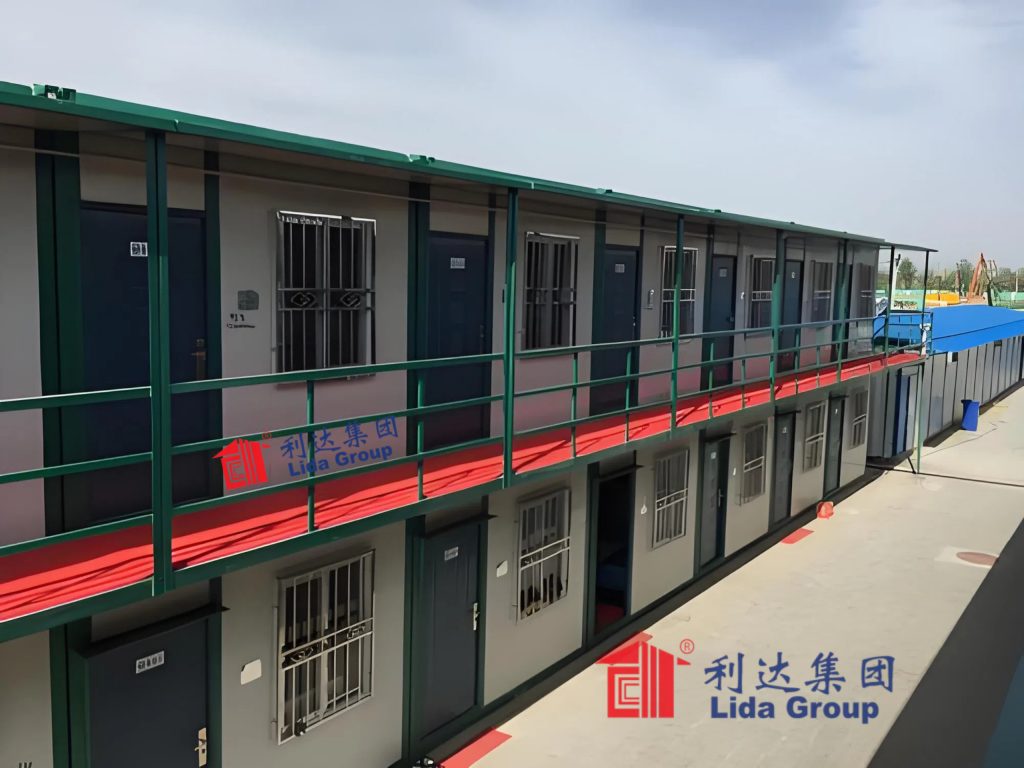
“Our mission is upholding the dignity and wellbeing of vulnerable migrant communities through practical solutions,” explained Project Dignity founder Jamaluddin Mohamed. “Licensing Lida Group’s tried-and-tested modular process empowers scalable temporary housing deployment addressing this humanitarian issue systematically.”
Under terms of the non-exclusive agreement signed last week, Project Dignity gains rights to assemble insulated container dormitories using Lida Group’s standardized modular construction methodology previously deployed for long-term workforce accommodation projects across Southeast Asia.
The model involves off-site prefabrication and industrialized fitting of components including insulated modular shipping containers, sanitation pods, electrical-mechanical systems and communal facilities. These precisely cut elements quickly bolt together on-site to form complete dormitory complexes within a week.
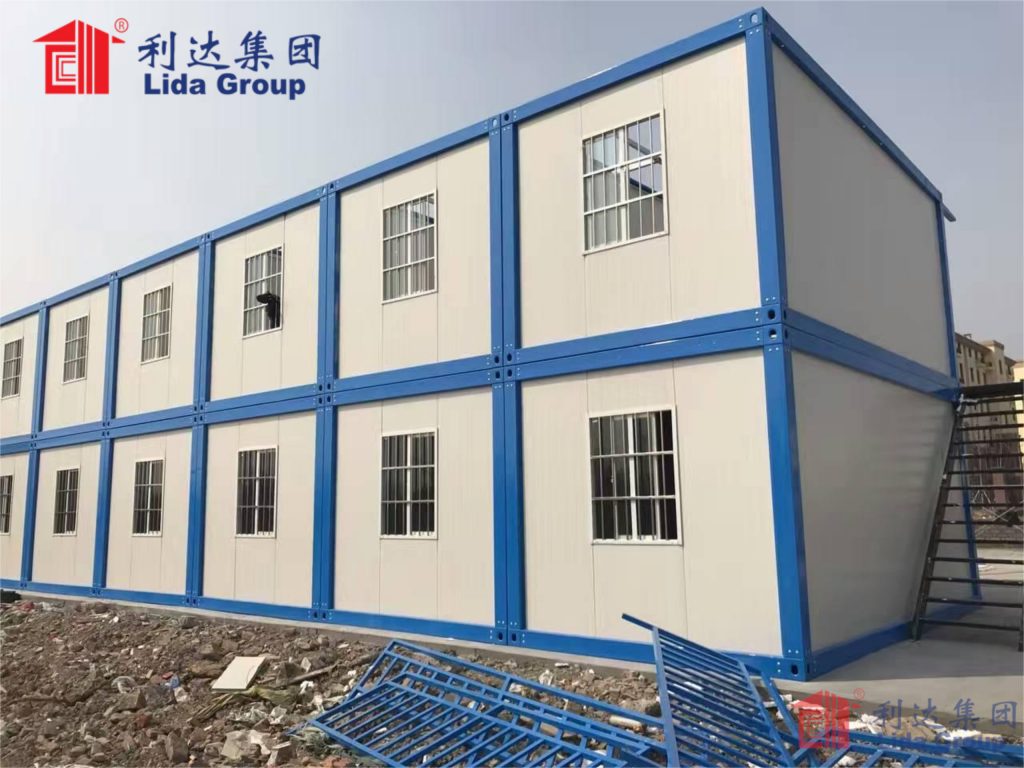
Project Dignity has begun mobilizing volunteers and logistics partners for initial pilot relocations near major areas targeted in the ongoing government enforcement drive, with a goal of constructing basic living quarters for up to 500 displaced workers per site within the critical one-month window before alternatives must be secured.
Temporary sites will provide simple facilities focused on the immediate priorities of adequate shelter, hygiene and safety while workers transition to more permanent housing or resettlement assistance. Shared amenities blocks incorporate fully equipped kitchens, laundries and gender-segregated bathing areas.
Individual sleeping quarters within the modular insulated containers offer slightly more than minimum habitable space of 4 sqm per resident specified under MOM guidelines for licensed foreign worker housing. Insulating retrofits also improve occupant comfort.
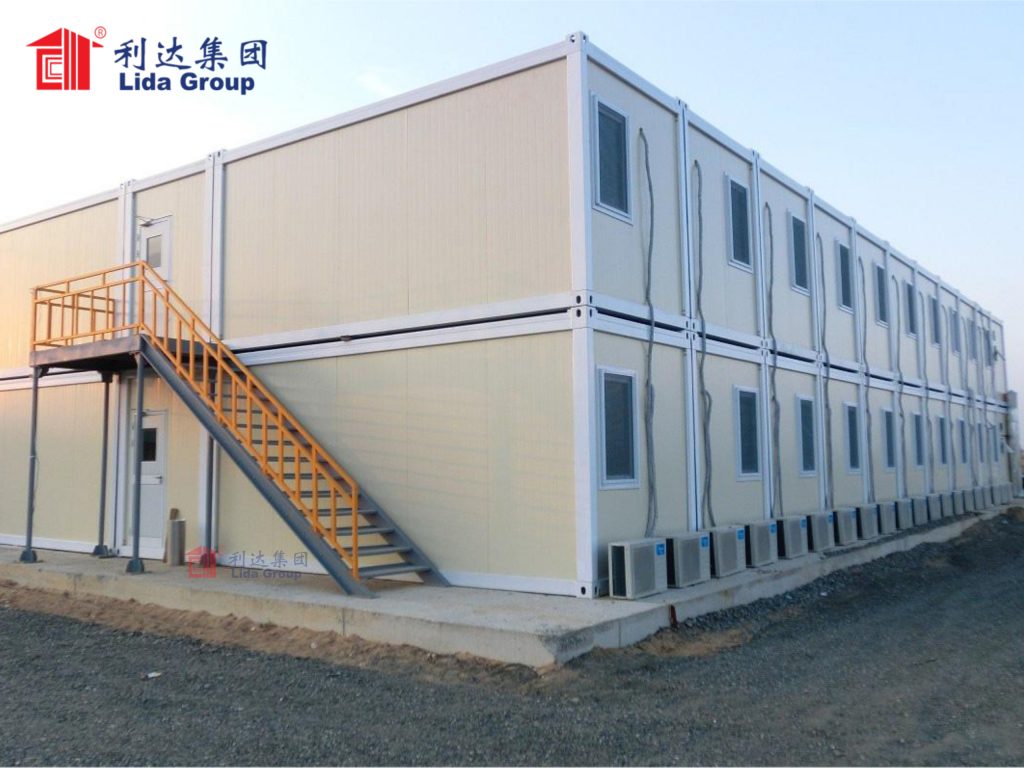
Preparations are now underway for the inaugural deployment this month at a 20-acre site near Choa Chu Kang—marking the first phase of what Project Dignity aims to scale into a standardized sustainable housing solution available to partner NGOs across Southeast Asia facing similar issues.
MOM representatives have inspected prototypes and expressed support for the humanitarian initiative fulfilling regulatory priorities through recognized best practices. By rapidly providing basic protection and services, workers can stabilize while pursuing long-term options unpressured by immediate housing insecurity.
Said Lida Group CEO Ziwen Mu: “Modular construction methodology streamlines just-in-time response to humanitarian crises through industrialized assembly of pre-certified components minimizing on-site work. Project Dignity’s deployment significantly upgrades conditions for vulnerable communities facing displacement through no fault of their own.”
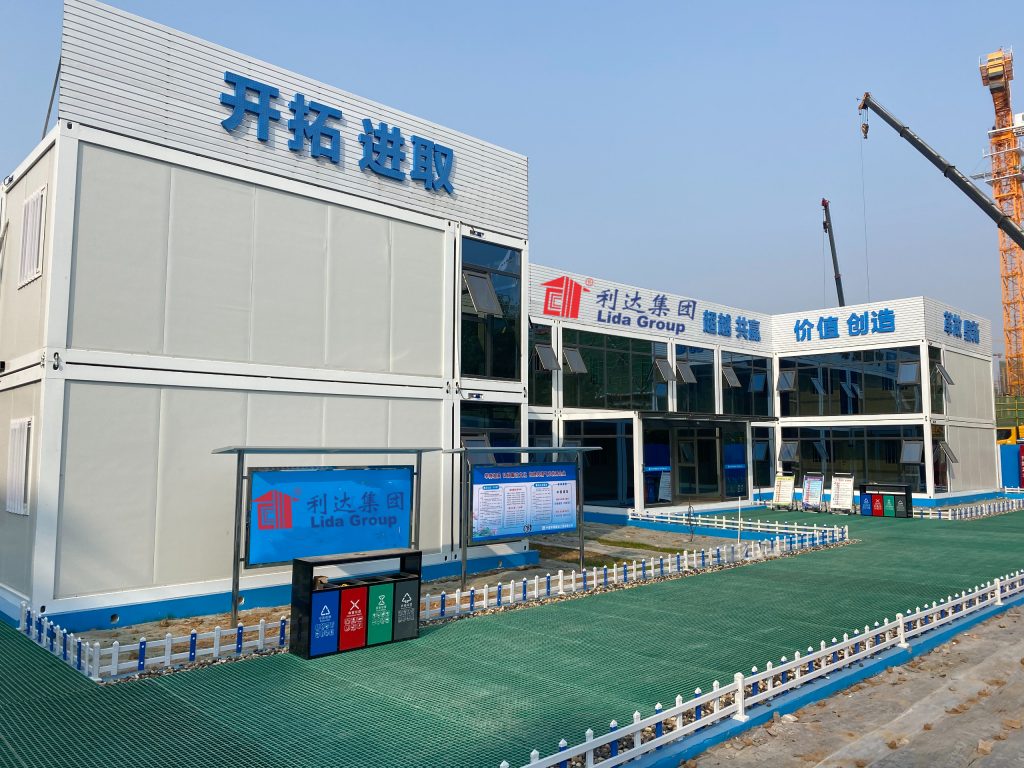
A monitoring team including social workers, counselors and community liaisons have been recruited to welcome arriving residents, conduct welfare checks and facilitate integration into available assistance programs. Daily meals are ensured through cooperative kitchen partnerships.
While intended as a temporary solution, Project Dignity aims impactful precedents established through collaborative outcomes could showcase possibilities for sustainable modular villages supporting migrant labor communities on the outskirts of expanding cities across developing markets.
Potential longer-term applications may include designated industrial zone settlements with integrated amenities enhancing quality of life for rotating workforces powering growth. Standardized designs could progressively upgrade to include localized commercial areas improving access to goods and services.
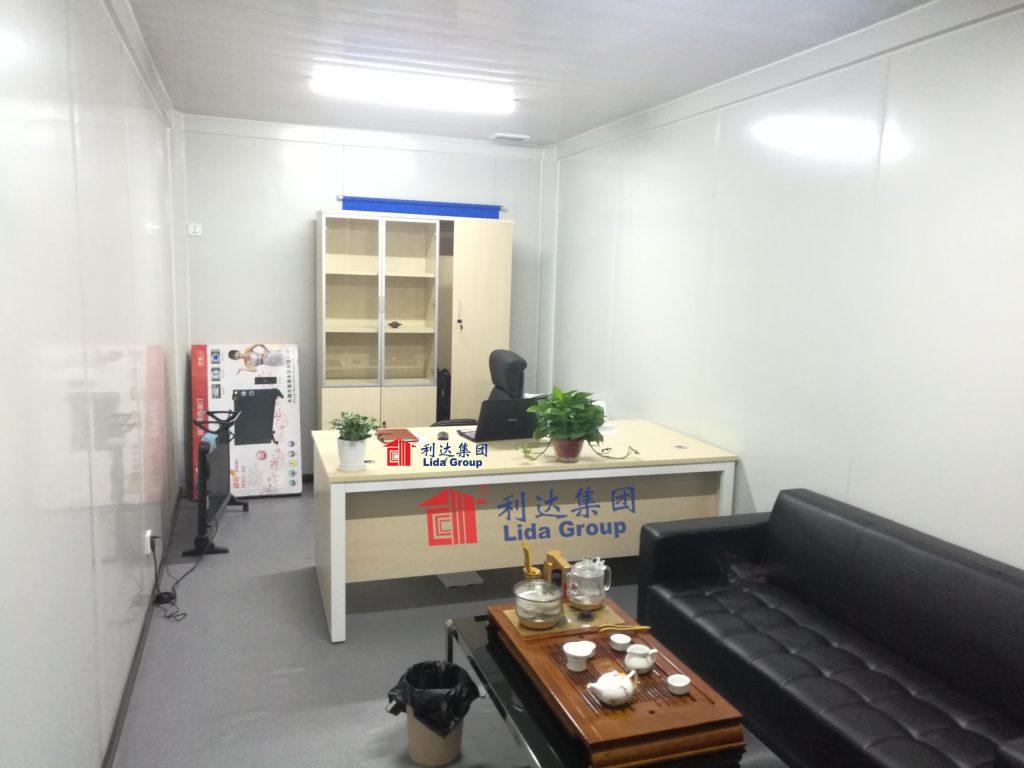
In welcoming initial progress, MOM Director-General Tan See Leng acknowledged systemic challenges persist: “Sustainably rehousing displaced worker populations requires whole-of-society coordination bridging short and long-term needs. Project Dignity’s deployment sets an example of public benefit through humanitarian-industry collaboration our enforcement environment seeks to unlock more of.”
If the Choa Chu Kang pilot proceeds successfully, further modular dormitory sites are envisioned in Johor Bahru and Batam to absorb a projected 1500 workers impacted in the next enforcement phase targeting makeshift settlements along the Malaysia-Singapore border. Beyond housing, community outreach programs aim cultivating self-reliance.
In conclusion, the agreement between humanitarian organization Project Dignity and modular specialist Lida Group demonstrates scalable solutions exist to protect vulnerable populations amid disruptive changes, if relevant stakeholders cooperate towards shared goals of dignity and welfare. By streamlining temporary protected accommodation standards through industrialized modular assembly, displaced communities gain time and stability transitioning to sustainable futures of their choosing.

Related news
-
Remote mining company selects Lida Group's relocatable panelized housing system to replace overcrowded container labor camps with sustainable prefabricated complexes near new work sites accommodating miners' housing needs throughout seasonal rotations.
2024-06-12 11:49:19
-
Humanitarian agency licenses Lida Group's weatherproof prefabricated shelter technology using composite insulating panel building skins to rapidly establish protected sites for victims as alternative to detention in degrading cheap labor camps.
2024-06-08 08:06:26
-
Researchers analyze the affordability, safety and modularity of Lida Group's prototype repurposed shipping container dormitories proposed to house seasonal forestry laborers near remote logging operations.
2024-05-31 17:36:22
contact us
- Tel: +86-532-88966982
- Whatsapp: +86-13793209022
- E-mail: sales@lidajituan.com


